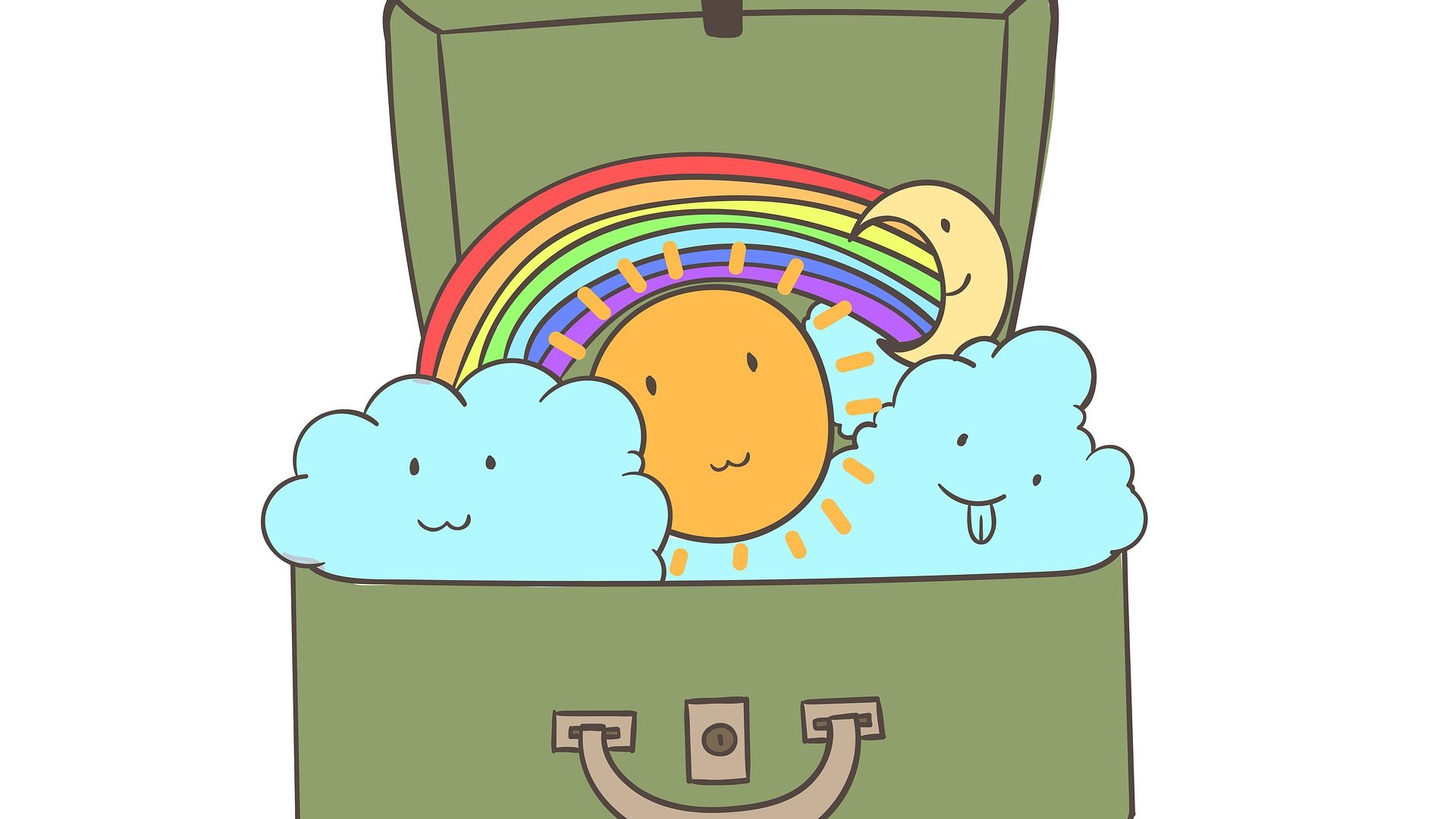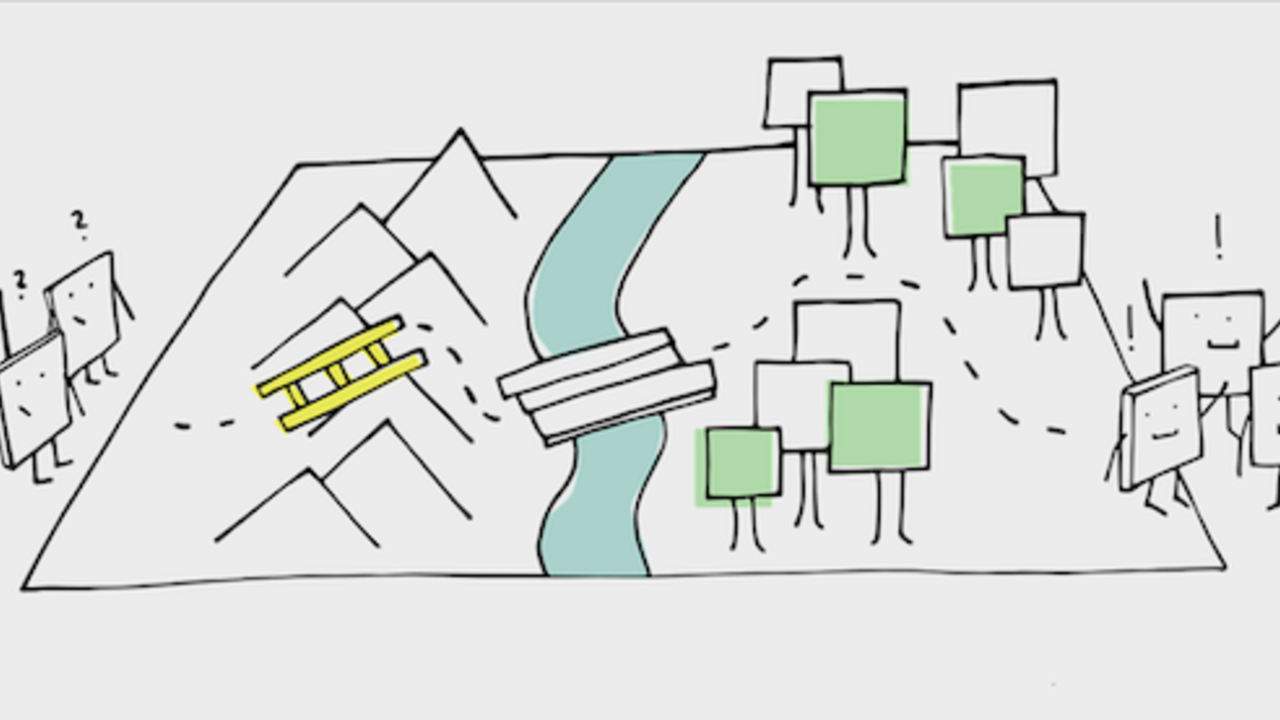Directing effort. Theirs and yours.

“The less energy they expend on your prose, the more they’ll have left for your ideas.” - Paul Graham
Making something difficult to understand says more about the writer’s limitations than the reader’s.
You know this already.
So where are you putting your time and effort as a communicator?
Because there are two parts to this dance.
- How you communicate.
- What you communicate.
Don’t ruin your what by your how.
Doing hard things

I often talk about the need to minimise effort if we want behaviour to happen. The easier something is to do, the smaller the payoff for bothering needs to be.
But.
Sometimes we need to do hard things. We want to do hard things.
There’s the thrill of riding a roller coaster, the relief of passing exams and the satisfaction of climbing a mountain. The adrenaline of presenting your ideas to a crowded room.
In these cases, making the hard thing easy would negate its worth.
No one would rid...
Portable habits

My number one tip, when people ask about habit change, is your physical environment. Set it up to make it easy to do the right thing and hard to do the wrong thing.
But there’s a problem with relying on your environment. What if it changes?
The perils of contextual cues
I was travelling recently but completely forgot to take my vitamins in the morning. Why? The context had changed.
The behaviour of taking my vitamins is tied to my breakfast routine at home, and it turns out that doesn’...
Two simple rules for influencing action

When it comes to changing your own behaviour or someone else’s, two simple rules are:
- Make the existing behaviour unappealing, and/or
Make the new behaviour appealing.
Make the existing behaviour unappealing
To reduce the likelihood an existing behaviour will continue, just add friction. For example:
- Slowing elevator doors by just 16 seconds influenced more people to take the stairs. Signs to save energy and improve health didn’t work, but friction did. (Van Houten, Nau & Merrigan, 1981 ...

